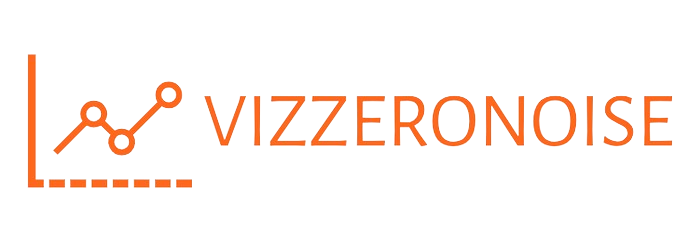Empower Your Finances: Self-Employed Tax Strategies
Understanding Your Tax Obligations
As a self-employed individual, navigating the complex world of taxes can be daunting. Understanding your tax obligations is crucial for managing your finances effectively. Unlike traditional employees, self-employed individuals are responsible for paying self-employment taxes, which include Social Security and Medicare taxes. Familiarize yourself with the tax laws and regulations that apply to your business to ensure compliance and avoid penalties.
Keeping Accurate Records
Maintaining accurate and organized records is essential for successful tax filing as a self-employed individual. Keep detailed records of all income and expenses related to your business throughout the year. This includes invoices, receipts, bank statements, and any other relevant documents. Organizing your records systematically will make it easier to track deductible expenses and prepare your tax return.
Maximizing Deductions
One of the key benefits of being self-employed is the ability to deduct business expenses from your taxable income. Take advantage of all available deductions to minimize your tax liability. Common deductions for self-employed individuals include expenses related to home office use, business supplies, equipment purchases, travel costs, and marketing expenses. Keep track of these expenses throughout the year to ensure you can claim them on your tax return.
Understanding Estimated Taxes
Unlike traditional employees who have taxes withheld from their paychecks, self-employed individuals are responsible for making estimated quarterly tax payments. Use Form 1040-ES to estimate your quarterly tax payments based on your expected income and deductions. Failing to make accurate quarterly tax payments can result in underpayment penalties, so it’s essential to stay on top of your tax obligations.
Exploring Retirement Savings Options
Self-employed individuals have several retirement savings options available to them, including SEP-IRAs, SIMPLE IRAs, and Solo 401(k) plans. Contributing to a retirement account not only helps you save for the future but also provides potential tax benefits. Explore different retirement savings options to find one that meets your needs and budget. Consult with a financial advisor to determine the best retirement savings strategy for your business and personal financial goals.
Seeking Professional Guidance
Navigating the complexities of self-employed taxes can be challenging, especially for those new to entrepreneurship. Consider seeking professional guidance from a qualified tax advisor or accountant who specializes in self-employed taxation. A knowledgeable professional can provide personalized advice, help you maximize deductions, and ensure compliance with tax laws, ultimately saving you time and money in the long run.
Staying Organized Throughout the Year
Effective tax planning requires year-round attention to your finances. Stay organized throughout the year by keeping accurate records, tracking expenses, and staying informed about changes in tax laws and regulations. Consider using accounting software or hiring a professional bookkeeper to streamline your record-keeping processes and ensure compliance with tax requirements.
Utilizing Tax Preparation Software
Tax preparation software can be a valuable tool for self-employed individuals, making it easier to prepare and file your tax return accurately. Many software programs are specifically designed for self-employed individuals and include features such as expense tracking, deduction calculators, and electronic filing options. Explore different software options to find one that meets your needs and budget. Read more about self employed tax savings tips


